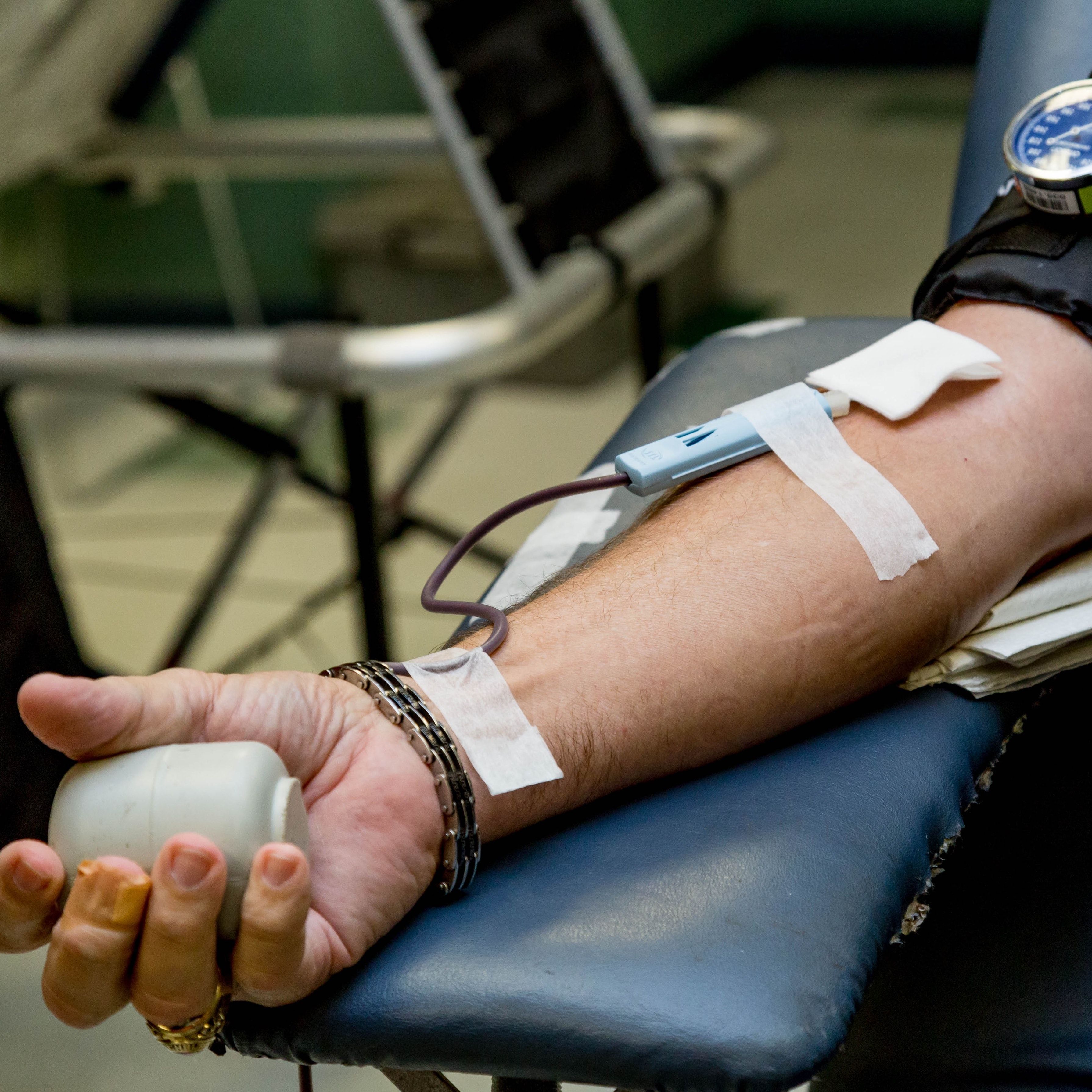Video
Emerging Therapies in Patients With Virologic Resistance
Joseph Eron, MD: Dan, what about new drugs for people who actually might have resistant virus? It’s uncommon, but it can still happen.
Daniel Kuritzkes, MD: It’s important to acknowledge this, even though the vast majority of patients do incredibly well with the drugs that we usually use. There is still a small number of patients who have extensively resistant HIV. In these patients, coming up with a fully suppressive regimen can be a challenge. Fortunately, there are 2 new drugs that are in development. Both of them are entry inhibitors. One of them is an antibody that has to be given by injection. That is ibalizumab. That’s a drug that, oddly enough, binds to CD4. It doesn’t stop the virus from binding to CD4, but it stops the virus from getting in afterwards. In the laboratory, it doesn’t seem to mess up the function of CD4 cells. There have been clinical trials that show that the drug has a significant effect on virus loads. So, it’s highly active and very well tolerated. When combined with other active drugs, it can improve the chances for virologic suppression in patients with highly resistant virus.
The other drug, which is also an entry inhibitor, doesn’t bind to a cell protein. It binds to the virus envelope. That’s a drug called fostemsavir. That drug is being tested in salvage therapy trials. It’s being combined with other active agents. Similar to ibalizumab, it has been shown to be both highly active and well tolerated. And when given in the right combination, it can lead to sustained virologic suppression. It’s called an attachment inhibitor, in terms of the way it works. It may not be as active against all viruses because there’s so much variation in envelope. But, at least for the majority of the viruses that we see most commonly in the United States, it seems to be pretty active.
Joseph Eron, MD: But, they’re not likely to move to earlier lines of therapy, Eric?
Eric Daar, MD: It’s hard to imagine. As we start thinking about long-acting therapies, they’d have to change ibalizumab so that it can be given even less frequently than it currently is.
Joseph Eron, MD: Right. Once every 2 weeks is how it’s being studied.
Eric Daar, MD: Yes. So, in order to think about it in that context, you’d have to do better than every 2 weeks.
Joseph Eron, MD: Sure.
Eric Daar, MD: It’s an infusion, not an intramuscular injection. So, I don’t think so. And fostemsavir, I think, is twice a day. So, again, it’s going to be really important for select people who need it. It is remarkable. The phase III development of these drugs is interesting. It’s so different from the new drugs for resistant patients that we’ve seen in the past. The population is so small, which is great. They usually just give it for a week. They show how intrinsically potent it is, and then add it to an optimized background regimen.
Joseph Eron, MD: And, monitor it for safety.
Eric Daar, MD: Yes. About 50% of people get to undetectable levels, which is amazing in the current era.
Daniel Kuritzkes, MD: There’s a third entry inhibitor, PRO-140, that is also an antibody. It blocks the other receptor for HIV, CCR5. It can be given by injection, subcutaneously. So, although it has to be given weekly, patients can self-administer it. It’s also being studied in potential salvage situations. The trick there, though, is that the virus can change the receptor that it uses. For many patients who have advanced disease, or have had a long history of treatment and many rounds of virologic failure, the virus will have changed to the form of virus that can’t be inhibited by PRO-140. So, we’ll have to see what the clinical trials show.
Transcript edited for clarity.





